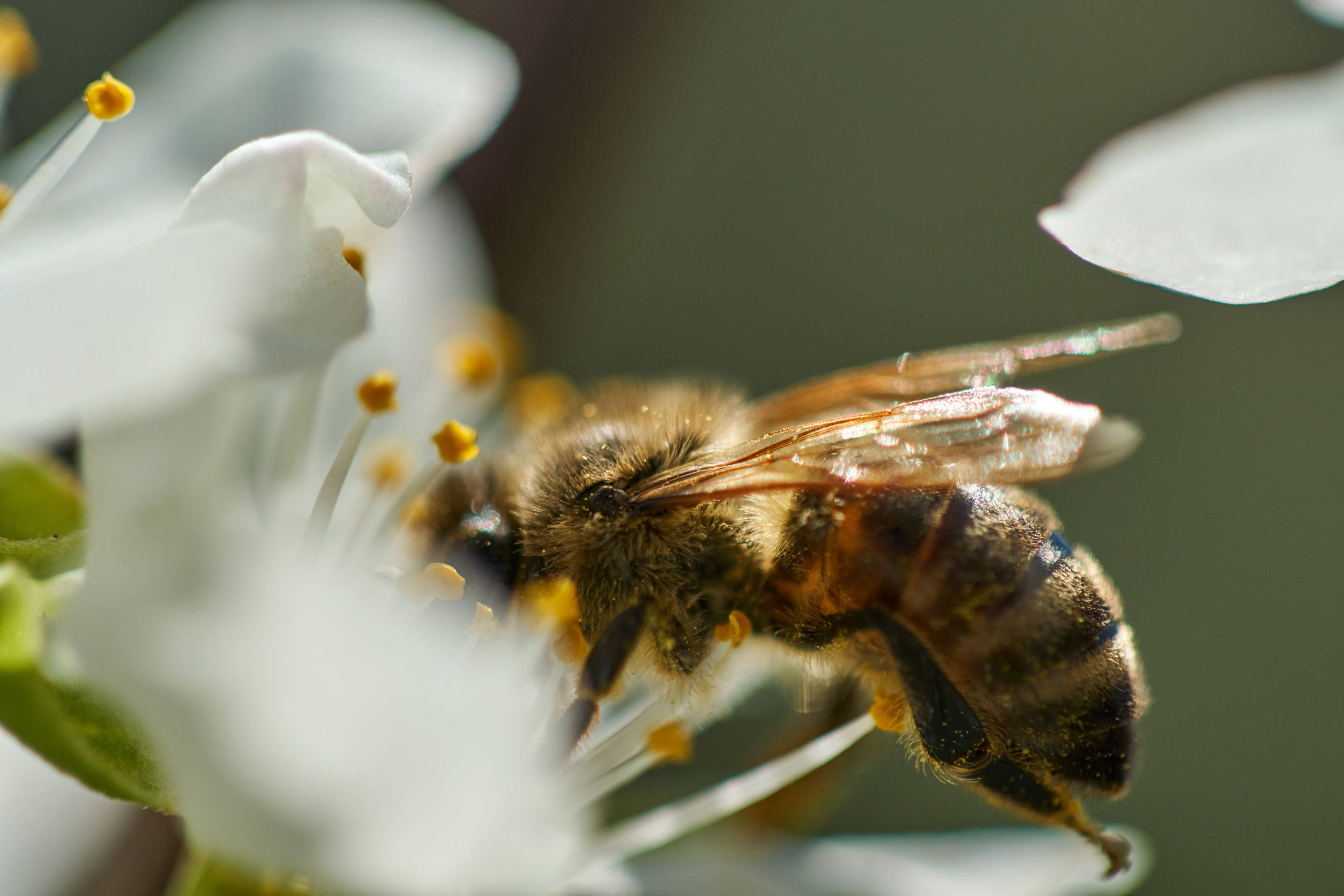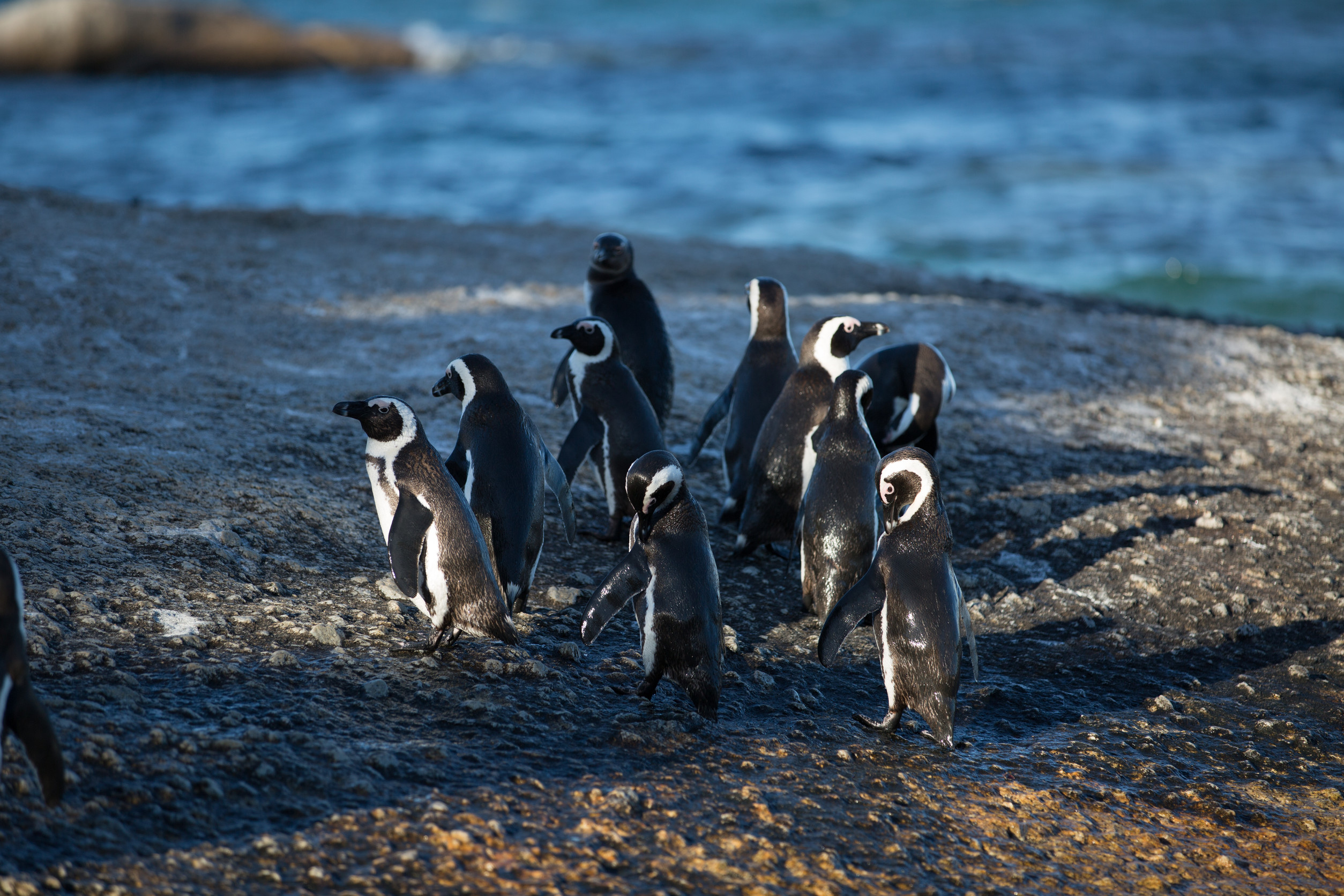With their fresh taste and numerous health benefits, it’s not all too hard to understand why salmon is such a sought-after fish. But unfortunately, overfishing and polluted waterways have diminished populations globally.
On top of that, we also waste a whole lot of the salmon we do end up catching. As anyone who has bought a whole salmon and asked the fishmonger to fillet it can tell you, the price of the fish includes a lot of what isn’t going to end up on the plate. In fact, this “junk” makes up 60 percent of the salmon’s original weight.
After a salmon is cleaned and filleted, what’s left over are blood, viscera, trimmings, bones with flesh attached, heads, skins, and belly flaps. These may not look like much laid out on the cutting table, but they are the raw material for an array of products, including animal feed, food products, minerals, collagen, gelatin, pharmaceuticals, proteins, peptides, oils, food supplements, and Polyunsaturated Fatty Acids (PUFA).
In Norway, scientists are working on ways to turn as much of a salmon as possible into these useful products. By using new low-temperature processes, the goal is to use every last gram of the fish.
Typically, the process of extracting oils is carried out using at temperatures of 90 °C (196 °F), which get out the oil, but at the cost of damaging some of the oils and proteins. Plus, it requires a whole lot of energy.
Led by scientist Rasa Slizyte, the team has developed an inexpensive, lower-temperature alternative that causes less damage and produces a product of higher quality. According to the team, the proteins extracted by the new method taste no stronger than pea or whey proteins, and the oils are suitable to sell as a stand-alone product or as an ingredient in health foods.
Aside from foods, salmon leftovers can be used to make a natural, non-toxic fire retardant, which is derived from the pure bone meal, while fish gelatin could help meet the high demand for gelatin among those who don’t eat pork or pork-related products for religious reasons.
While action must be done to help salmon populations grow stronger across the world, this new Norwegian method can at least help ensure that less waste comes from the salmon that is caught.











